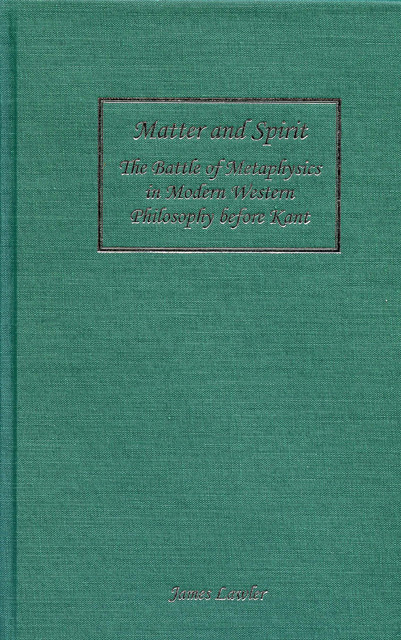1 - Hobbes on Morality and the Modern Science of Motion
Published online by Cambridge University Press: 17 March 2023
Summary
THE CONTRASTIVE BACKGROUND
In his Critique of Practical Reason, Immanuel Kant (1724–1804) writes that “[N]o one would dare introduce freedom in science had not the moral law and, with it, practical reason come and forced this concept upon us.” Morality, Kant writes, is intimately linked to the assumption that human beings have free will, for the simple reason that without freedom of choice we would not be responsible for our lives. And yet Kant must “dare” to assert such freedom in opposition to science. To understand the linkage between morality and freedom, it is first necessary, therefore, to understand why science appears so dauntingly to deny the freedom that, Kant thinks, is a fundamental condition of moral responsibility.
To appreciate the difficulty that Kant faces in defending a morality of freedom and responsibility we have to consider seriously the intellectual context in which he writes. In general, major scientific and philosophical developments take place by overcoming a prevailing set of assumptions. To fully understand or appreciate the new development, it is necessary to understand the previous paradigm that it replaces. We can call this intellectual context which Kant is opposing the classical Enlightenment. Enlightenment philosophy as a whole is based on the requirement that our thinking about life in general be in accord with modern science. Kant aligns himself with such Enlightenment, but only after subjecting some of the central ideas of earlier, “classical” Enlightenment thought to his “critique.” Kant's three “Critiques” address the major conceptions of the classical Enlightenment and subject them to criticism and reinterpretation. The result is the new paradigm of Kant's “critical Enlightenment” philosophy.
To fully appreciate Kant's critical Enlightenment conception of freedom, therefore, we have to sketch certain main lines of classical Enlightenment thought. This takes us back to the revolution in science associated with Copernicus's revolution in astronomy and Galileo's revolution in physics, and then to Newton's grand synthesis of physics and astronomy. When Kant calls his own philosophical project a Copernican revolution in philosophy, he aligns his thought with the major scientific developments of the modern era, developments that gave rise to the general philosophical trend of scientific philosophy called the Enlightenment.
- Type
- Chapter
- Information
- Matter and SpiritThe Battle of Metaphysics in Modern Western Philosophy before Kant, pp. 13 - 39Publisher: Boydell & BrewerPrint publication year: 2006



